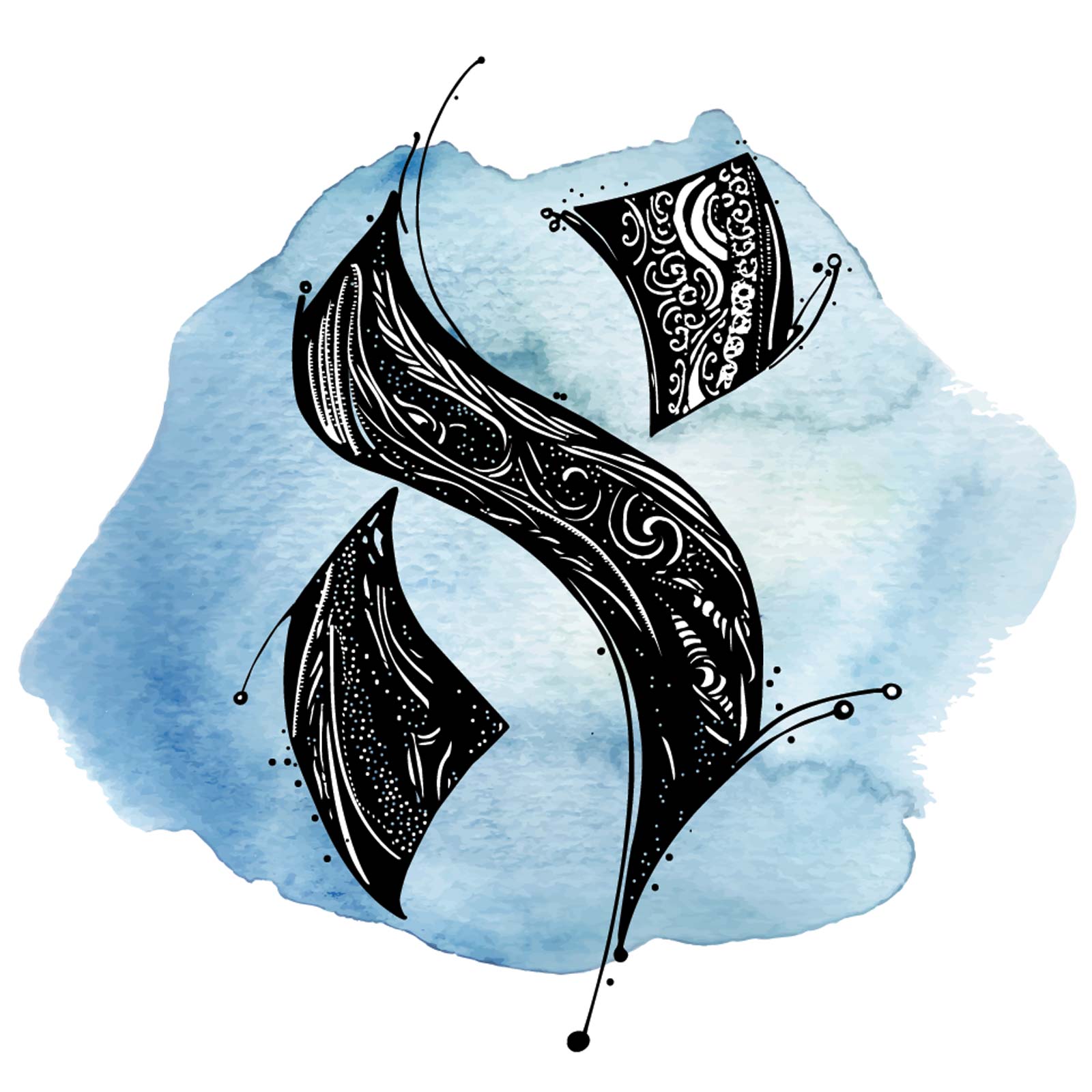
The Hebrew Concept of the Bible
Qu’est-ce que le Concept Hébreu?
Comme il a été dit, la bible a été écrite en hébreu dans la plupart des livres et, quelques livres en araméen, langue cousine de l’hébreu, ceci tant dans les livres de l’Ancienne Alliance que de la Nouvelle Alliance.
Sommes-nous juifs? Non, les Juifs font partis d’une des douze tribus d’Ysraël, «Yéhouda».
Longtemps on a cru que les livres de la Nouvelle Alliance avaient été écrits en grec, mais il fut démontré plus tard que ces livres ont été écrits principalement en hébreu, pas en hébreu moderne et profane, mais en Hébreu Ancien et Biblique.
Le Sauveur parlait deux langues, la langue araméenne dans Sa Vie quotidienne et lorsque qu’Il enseignait le peuple un peu partout en Ysraël. Mais Il utilisait l’Hébreu Biblique dans les synagogues, lorsque qu’Il enseignait les Écritures Sacrées pour les expliquer.
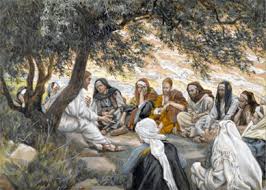
Des parties claires et précieuses ont été enlevées et perdues. Cependant, la Version Biblique Hébraïque contient encore et toujours aujourd’hui tout ce que les Prophètes ont écrit à l’origine. Aujourd’hui, la Version Hébraïque est encore intacte au regard des manuscrits de Qumrân, car les Scribes qui ont reproduit la Bible de génération en génération pendant des millénaires, ont procédé à la réécriture avec un système mathématique garantissant une reproduction d’une manière très fidèle évitant les erreurs. C’était l’art des Scribes Hébreux.


Mais, les traducteurs de la bible hébraïque en grec ne connaissaient pas ces méthodes. Au contraire, ils étaient des admirateurs de la philosophie socratique, platonicienne et aristotélicienne, qui a influencé l’interprétation des Écrits Sacrés et ils ont fait perdre la grande Science que les Prophètes ont voulue nous laisser…
Une preuve incontestable
de l’Authenticité de la Bible en Hébreu d’aujourd’hui.
Une découverte importante a été faite en 1947 dans une grotte contenant des manuscrits bibliques, parfois conservés dans des jarres.
Après que l’ancienneté de ces manuscrits a été authentifiée en décembre 1947 par l’archéologue israélien Eléazar Sukenik et, en février 1948 par l’archéologue rattaché à l’American Schools of Oriental Research John C. Trever (premier chercheur avec William Brownlee, à être autorisé à les photographier et à en faire le compte rendu).

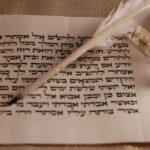
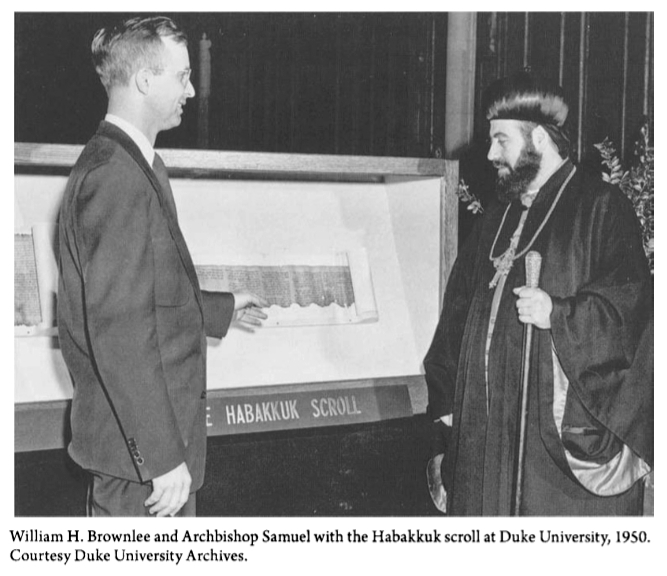
La découverte des rouleaux de manuscrits près des ruines de Qumrân s’est déroulée de 1947 à 1956 dans onze grottes situées aux alentours. Il y a eu 870 manuscrits qui ont été reconstitués à partir de plusieurs dizaines de milliers de fragments. La plupart des manuscrits ont été écrits sur parchemin (peaux d’animaux) et une centaine sur papyrus (papier antique). Un peu moins de 15 % sont écrits en araméen, la langue courante du pays depuis l’occupation perse. L’immense majorité est en hébreu, la langue littéraire et religieuse que l’on considérait «Sacrée».
À l’exception d’une douzaine, 870 rouleaux ou fragments de rouleaux ont été transcrits par des scribes différents.
En 2019, il a été confirmé par la paléographie que les plus anciens manuscrits dateraient du 5ième siècle avant notre ère; période où les manuscrits ont été cachés dans les grottes.
Il a été constaté et confirmé que les manuscrits de Qumrân sont identiques avec les Versions Hébraïques d’aujourd’hui, mot pour mot.
Les textes des parties précieuses qui ont été perdues, existent toujours dans les Bibles Hébraïques, ce qui nous a permis de les restaurer dans la version «Les Écritures Sacrées des Derniers Jours».
La traduction en grec
À l’époque des traductions en grec, au quatrième siècle de notre ère, les traducteurs de la bible hébraïque traduite en grec ne connaissaient pas ces méthodes, ni les Mystères et connaissances que contenaient ces Écritures Sacrées.
Au contraire, ils étaient des admirateurs de la philosophie socratique, platonicienne et aristotélicienne qui correspondaient plus avec la philosophie gréco-romaine qu’aux enseignements bibliques hébraïques, qui a influencé l’interprétation des Écrits Sacrés et ils ont fait perdre la Grande Science que les Prophètes ont voulue nous laisser.
Qu’est-ce qui a été perdu?
Nous vous invitons à demander gratuitement le petit livret de 39 pages intitulé «La grande apostasie» que nous vous ferons parvenir gratuitement en format papier ou numérique.
«La grande apostasie» vous expliquera l’œuvre apostâte qui a dû être corrigée et rétablie.
Le Concept Hébreu est la version de la Bible qui restaure ce qui a été perdu.
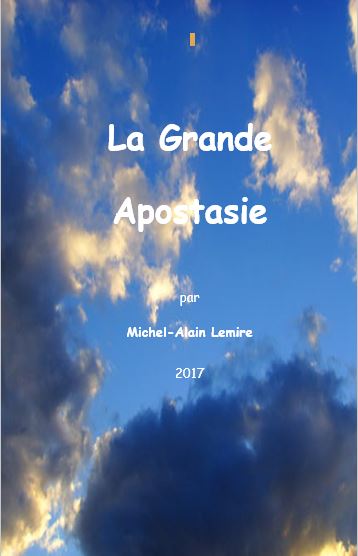
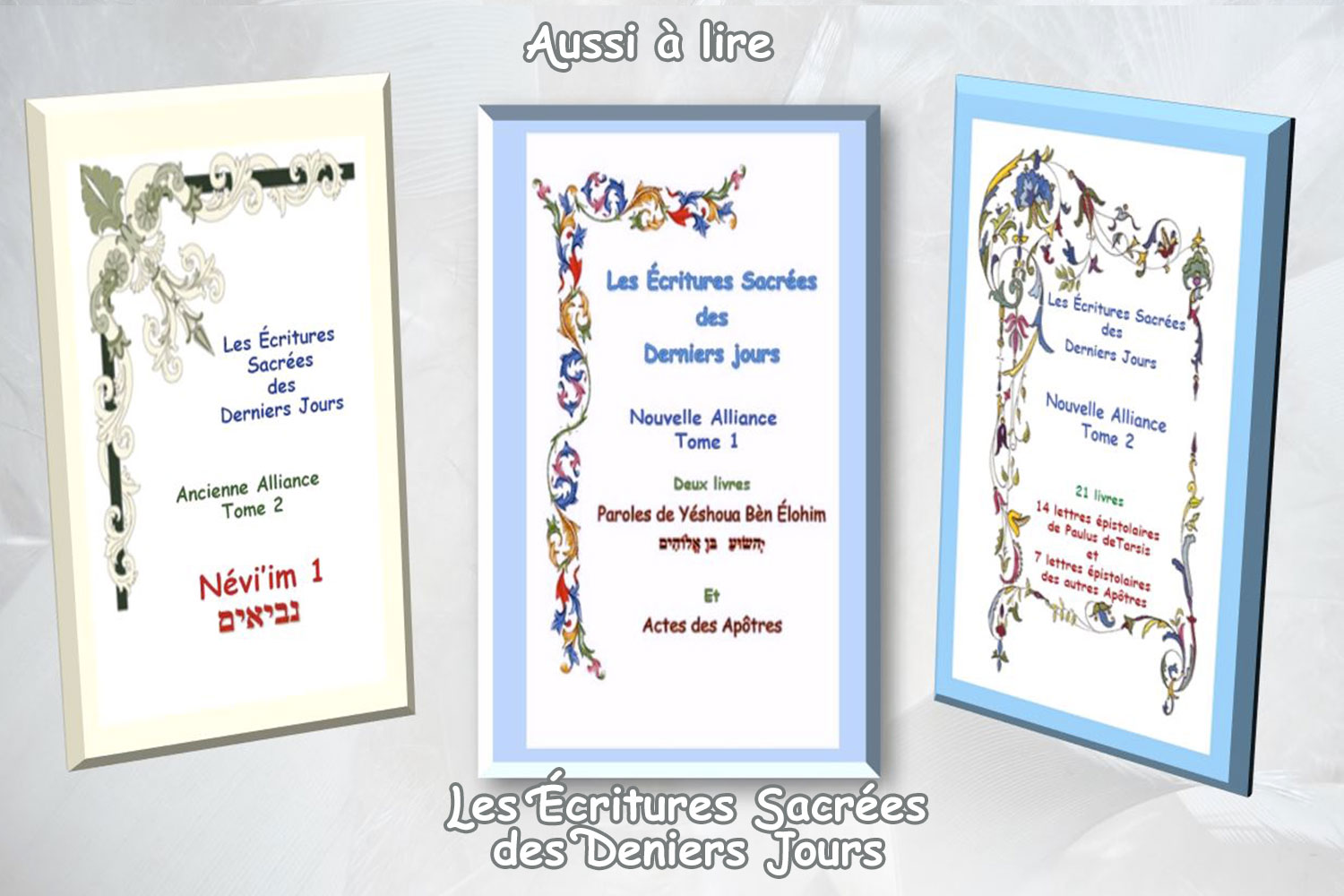
Lire la suite:: Ce qui a été perdu?
